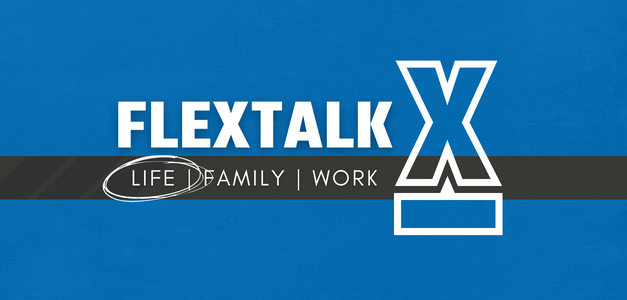Receiving an eviction notice is a frightening sight, but misinformation often creates unnecessary fear and poor decision-making. Understanding the truth about these legal documents empowers renters to protect their rights and make informed choices. In this guide, we’ll dispel the common myths about eviction notices that all renters should know.
Myth 1: An Eviction Notice Means You Must Leave Immediately
Receiving an eviction notice doesn’t mean you have to move out immediately; it’s just the start of a legal process. Landlords must provide a specific timeframe for you to respond or resolve the issue, which varies by state and the type of notice, but usually ranges from a few days to several weeks.
During this period, you can legally stay in your home while addressing the concerns the notice outlines. Remember that only a court order—not the landlord’s notice—can force you to leave your home.
Myth 2: Ignoring an Eviction Notice Will Make It Go Away
Ignoring an eviction notice is one of the worst mistakes you can make, as it doesn’t stop the legal process. If you fail to respond within the specified timeframe, your landlord can file for a default judgment against you, which can mean eviction orders and additional financial penalties without giving you a chance to present your side. Even if you disagree with your landlord’s claims, addressing the issue allows you to defend yourself in court and increases your chances of resolving the situation favorably, potentially avoiding eviction altogether.
Myth 3: Landlords Can Evict You for Any Reason
Another myth about eviction notices all renters should know is that a landlord cannot invent a reason to evict you. In reality, landlords must have legally valid reasons that state and local laws strictly define.
The typical legal reasons landlords can begin the eviction process include non-payment of rent, lease violations, property damage, illegal activities, or refusing to vacate after a lease ends. Landlords also cannot use eviction as retaliation against tenants who report housing code violations or join tenant organizations.
Myth 4: You Have No Rights If You Receive an Eviction Notice
When receiving an eviction notice, renters must know they still have tenant rights. Even after receiving an eviction notice, tenants can still respond in writing, present their case in court, and seek legal representation. Many areas offer legal aid services for tenants facing eviction.
During the eviction process, landlords cannot legally shut off utilities, change locks, or remove belongings without following proper legal procedures. These illegal “self-help” eviction tactics can even strengthen your position if you decide to challenge the eviction in court.
Taking Control of Your Housing Future
Understanding eviction myths empowers you to handle the process effectively. An eviction notice is only the start of a conversation. Take prompt action by reading it carefully, knowing your rights, and exploring your options.
- How might understanding these eviction myths change the way you respond to receiving an eviction notice?
- What resources in your community could help tenants who are facing eviction proceedings?
- Why do you think these myths about eviction notices are so common among renters?
- How can landlords and tenants work together to prevent eviction situations from escalating to legal proceedings?
- What role should tenant education play in preventing unnecessary evictions in your community?


